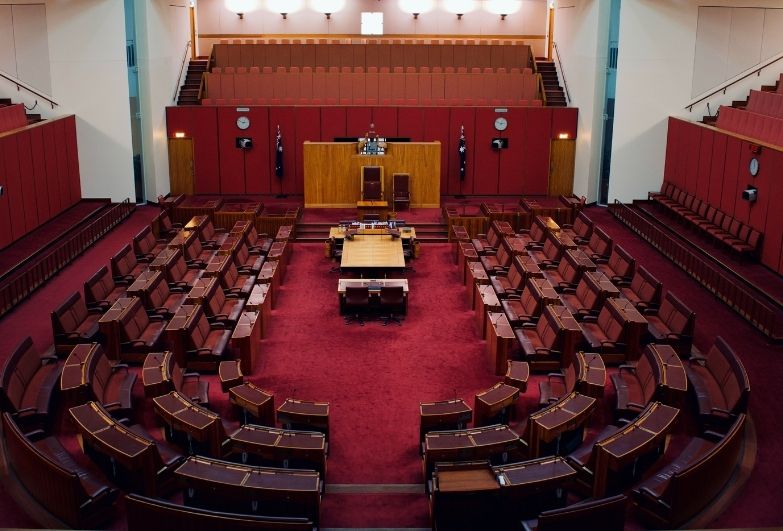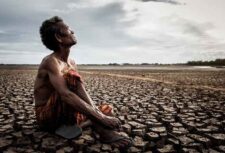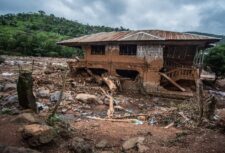Disclaimer: This article is more than 3 years old, and may not include the most up-to-date information or statistics. Please verify information with more recent sources as needed, and if you have any questions contact our Press Office.
As 2021 G7 President the UK has an unmissable opportunity to set the world on a path toward building a climate resilient future – a blog by Fran Witt.

In June 2021 the UK will host the G7, the forum of most of the world’s major industrialised nations. The good news is that the G7, in a joint statement of February 2021, stated that “We are committed to levelling up our economies so that no geographic region or person, irrespective of gender or ethnicity, is left behind.”
We ask; what can the G7, as a forum of most of the richest countries and most powerful nations on the planet, contribute to building back better from COVID-19, and how can they put climate action at the centre of their plans to tackle the vulnerabilities that lead to modern slavery?
In 2021 the UK is President of the G7 and of the UNFCCC (the UN Climate Talks to be held in Glasgow later this year) and so has a unique opportunity to be influential. The UK can help to make the G7’s rhetoric a reality, by recognising that the extra pressures of climate change on people’s already vulnerable lives are what tip many people into forced and bonded labour, as well child slavery and forced marriage.
In many cases the impact of climate change, such as desertification or sea-level rise, means that people are forced to migrate and leave their lands or their jobs that can no longer provide them with a living. The World Bank predicts that as many as 143 million people will migrate within their own borders in just three regions of the world by 2050 unless action is taken to address climate change So climate action needs to happen fast, and it also needs to be participatory and fair to achieve sustainable, more equal, and resilient societies.
According to the IPCC (the United Nations body for assessing the science related to climate change) limiting global warming to 1.5°C rather than 2°C could reduce the number of people exposed to climate-related risks and susceptible to poverty by up to several hundred million by 2050. The G7 should recognise that vulnerability to slavery, trafficking and forced labour will increase as a result of climate change, and take action to:
- Support the world’s economies (especially developed nations) to transition rapidly away from using fossil fuels in accordance with the Paris Agreement.
- Reaffirm the global commitment to providing $100 billion USD annually to support climate action in developing countries and work towards a new post-2025 financial goal that considers the needs and aspirations of developing countries, including for resilience and adaptation.
- Improve the implementation of international laws and strengthen and implement national laws that protect against slavery, trafficking and forced labour as a result of climate change and environmental degradation in addition to other drivers.
- Meet the Sustainable Development Goals with a global, just and transformational recovery that integrates, defends and expands human rights; and reduces inequality by prioritizing the needs of most affected, marginalised and discriminated people.
States have already made legal commitments to reduce carbon emissions, fund climate resilience and adaptation, support migrants, prevent abuse and exploitation, involve affected and at-risk groups, and penalise those that profit from the abuse of the planet and its inhabitants. The time has come for them to make good on those promises.
An integrated social, economic, and environmental response is needed that builds the resilience of vulnerable populations to climate impacts and modern slavery





